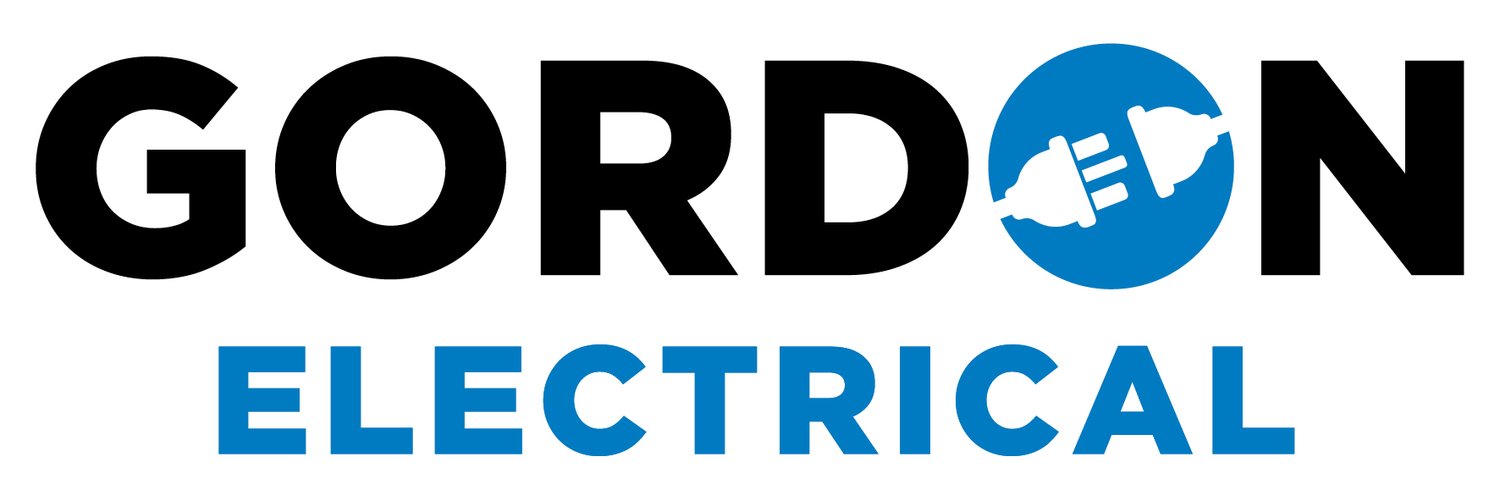Commercial vs. Industrial Electricians: Which One Do You Need?
When it comes to electrical work, it's essential to know the difference between commercial and industrial electricians. Even though they are both trained professionals, they specialise in different things. Commercial electricians usually work in places like stores and offices, while industrial electricians work in big factories and complex operations. Knowing who to call for your electrical needs can help ensure the job is done safely and correctly.
The core differences
At the heart of the distinction between commercial and industrial electricians are the environments they specialise in and the complexity of their work.
Commercial Electricians: These professionals primarily work in commercial settings like offices, stores, and restaurants. Installing, keeping, and fixing electrical systems that power lights, heating, cooling, and other business needs is part of their job. The tasks of a commercial electrician often include wiring electrical outlets, installing lighting systems, and ensuring the electrical aspects of commercial spaces meet local codes and safety standards.
Industrial Electricians: Manufacturing plants, industrial facilities, and power plants are more complicated workplaces for industrial electricians. High-voltage systems, industrial gear, and equipment demand an excellent grasp of electrical systems. Machine, motor, and heavy equipment electrical components may be installed, maintained, and repaired. Their problems include safety, compliance with tight standards, and enhancing industrial electrical system efficiency and dependability.
Key Responsibilities
Commercial Electricians:
Installing and maintaining electrical systems in commercial buildings.
Ensuring electrical work is up to code for business operations.
Troubleshooting and repairing electrical problems in commercial settings.
Industrial Electricians:
Working with high-voltage systems and industrial machinery.
They install, maintain, and repair the electrical components of machinery and equipment.
They ensure that the industry's safety and operating standards are followed.
Skills and specialisations
The skills required for each type of electrician reflect the demands of their respective environments.
Commercial electricians need a solid foundation in various electrical systems, with a focus on installation and maintenance within commercial properties. They must be adept at working within the constraints of business operations and ensuring minimal disruption.
Industrial electricians require a more specialised set of skills, including a deep understanding of industrial machinery, high-voltage systems, and the ability to work within complex industrial environments. Their training often includes specialised certifications and knowledge in automation and industrial control systems.
Which one do you need?
Determining whether you need a commercial or industrial electrician depends on your project's nature and the environment in which it is located.
A commercial electrician is likely the professional you need if your project involves a business space, such as a retail store, office building, or restaurant. They can ensure that your electrical systems are installed, maintained, and repaired to meet your business's operational requirements and safety standards.
An industrial electrician is essential for projects involving manufacturing plants, industrial facilities, or any operation that includes high-voltage systems or industrial machinery. Their specialised skills and knowledge are critical for handling the complexities of industrial electrical systems.
Considerations for Choosing the Right Electrician
Experience and Expertise: Look for electricians with proven experience and expertise in the specific type of project you're undertaking.
Licences and Certifications: Ensure the electrician is licenced and holds any necessary certifications, especially for industrial projects requiring specialised knowledge.
Safety Record: A reputable electrician should have a solid safety record and adhere to all industry safety standards.
Understanding of Codes and Regulations: Familiarity with local codes and regulations is crucial for ensuring your electrical work is compliant and safe.
Navigating Electrical Maintenance
Maintenance and Upkeep: A crucial aspect of commercial and industrial electrical work is ongoing maintenance and repair. Commercial electricians often ensure that lighting, security systems, and other electrical components are functioning efficiently to support business operations. Industrial electricians may engage in preventative maintenance schedules to minimise downtime and enhance the lifespan of complex machinery and systems.
Project Complexity and Scale
Understanding the Scale of Work: The scale and complexity of the projects undertaken by commercial and industrial electricians can vary greatly. Commercial projects might involve upgrading lighting or installing backup generators—tasks that, while important, typically don’t match the scale of industrial operations, which may include setting up entire electrical systems for new manufacturing lines or integrating automated processes.
Choosing the right electrician for your needs comes down to understanding the distinct roles and expertise of commercial and industrial electricians. For your commercial space needs or industrial-scale projects, it's vital to pick a specialist who understands the complexities of your electrical systems. Gordon Electrical offers tailored electrical services, ensuring you get the right expertise for your project. Trust professionals who guarantee your electrical needs' safety, efficiency, and reliability.

